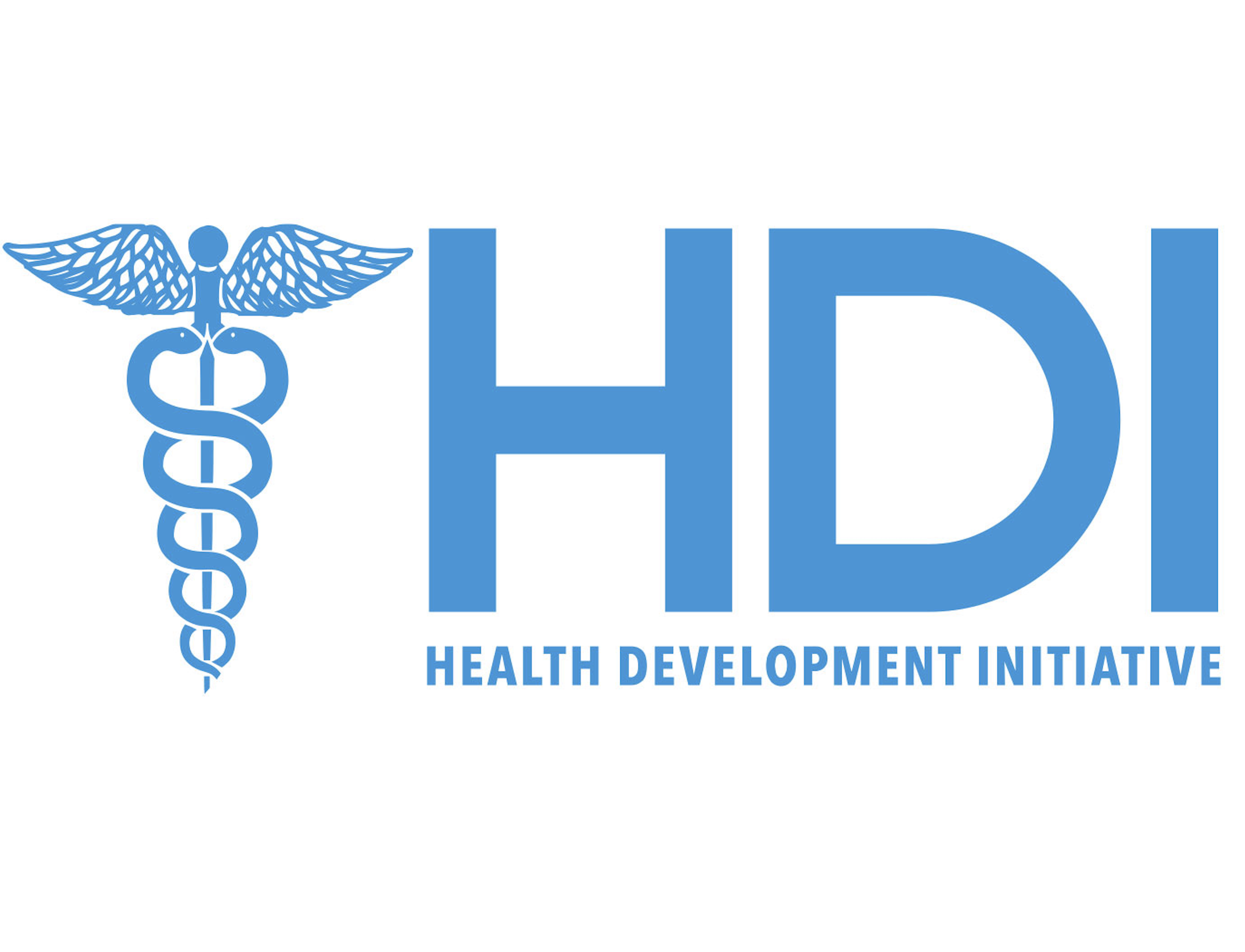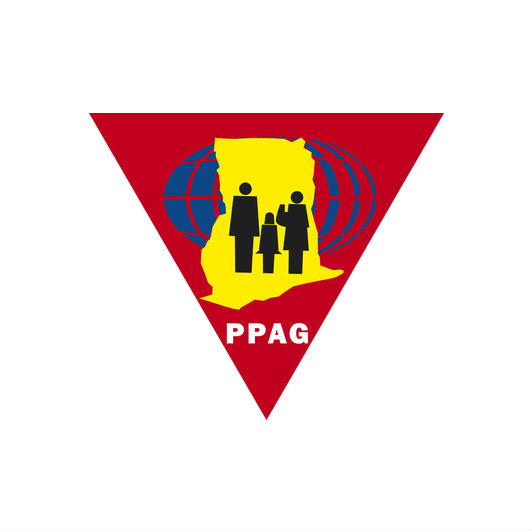

| 20 January 2025
Health Development Initiative (HDI-Rwanda)
Health Development Initiative (HDI-Rwanda) is a non-profit organization based in Kigali, Rwanda, dedicated to improving healthcare quality and accessibility for all. Our approach is rooted in human rights, aiming to build a society where every person can attain optimal health and well-being, regardless of their social, cultural, economic or any other status. HDI advocates for the enhancement of health outcomes through the implementation of laws, policies, and programs tailored to address the needs of diverse groups, including women, children, historically marginalized communities, individuals living with HIV/AIDS, youth, and other marginalized populations. HDI has two service delivery points : Kicukiro and Nyakabanda. Average total clients served through the clinic: 8,000 Approx. 65% women Average calls received through the hotline: 85,000 Approx. 85% women, 70% adolescents under 19 Average number of cases of SGBV, discrimination, child registration and women seeking safe abortion supported by HDI’s legal team each year: 1,500 Over 95% women seeking safe abortion SRHR Clinical services: Provision of emergency contraceptives for vulnerable women and girls Linkage to comprehensive safe abortion services Pregnancy testing and linkage to health services Provision of comprehensive SRHR education HIV testing; linkage to care and treatment for those who are HIV-positive STIs screening and referral for treatment Referral for voluntary male medical circumcision SRHR Outreach Service (SRHR and community health education) Psychosocial Support, Counseling, and Legal Aid Family planning counseling and linkage to services Counseling, psychosocial support, and legal assistance to GBV survivors Pre-abortion and post-abortion counseling and legal assistance Legal aid for key populations for legal advice, support, and education on laws and human rights Psychosocial support for key populations and LGBTI community members Follow up on cases of violence and detention on the grounds of sexual orientation and gender identity and sex work Toll-Free Hotline Information on SRHR topics including HIV prevention, menstruation, contraception, relationships, among many others Referral for clinic services Social media pages: Twitter: https://twitter.com/HDIRwanda Instagram: https://www.instagram.com/hdirwanda/ Facebook: https://www.facebook.com/HDIRwanda

| 31 March 2016
Planned Parenthood Association of Ghana
Ghana is a country which has deep-rooted cultural norms, and structural barriers that perpetuate poor sexual and reproductive health. These include high risks of maternal mortality, high numbers of sexually transmitted infections, including HIV, and low levels of contraceptive use. The Planned Parenthood Association of Ghana (PPAG) was set up in 1967 to provide family planning services to the people of Ghana. Over the years, its work has expanded to cover a whole range of sexual and reproductive health (SRH) services. Today, in addition to basic family planning support, PPAG provides maternal and child health care, infertility management, and voluntary counselling and testing (VCT) for sexually transmitted infections (STIs) including HIV. It also provides other SRH services (for example, programmes for the management of erectile dysfunction). PPAG’s operation depends on a team of 103 staff, over 1,000 volunteers, 300 peer educators, 551 community-based distributors (CBDs) and a Youth Action Movement membership of 810 young people. PPAG's delivers services and programmes through 1,356 service points, including 11 permanent clinics, 54 mobile clinics and over 1,000 community-based service points (CBSs). PPAG works with a huge roster of partners, right across government in health, education, HIV and AIDS, youth, and population planning departments. Its civil society networks include over 15 non-governmental organizations. It receives financial support from the Japanese International Cooperation Agency, the Japanese Organization for International Cooperation in Family Planning, UNFPA, the Programme For Appropriate Technology in Health (PATH), the African Youth Alliance (AYA), the Big Lottery Fund (BLF) of UK, DANIDA, the French Embassy, the UK’s Department for International Development (DfID), UNICEF and GTZ.







